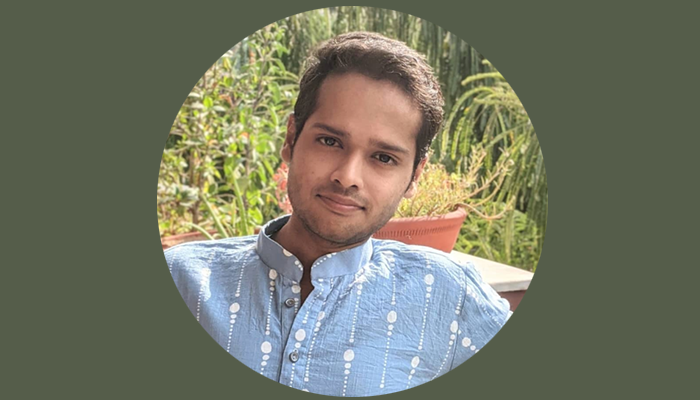Mohit Chandra received his MS Dual Degree in Computer Science and Engineering (CSE). His research work was supervised by Dr. Ponnurangam Kumaraguru. Here’s a summary of Mohit Chandra’s MS thesis, Towards A More Holistic Approach On Online Abuse and Antisemitism as explained by him:
The exponential rise of Online Social Media (OSM) has enabled creation, distribution, and consumption of information at an unprecedented rate. However, it has also led to the burgeoning of various forms of online abuse like hate speech, offensive language, sexist and racist opinions, etc. Detection and curtailment of such abusive content is critical for avoiding its psychological impact on victim communities and thereby preventing hate crimes. Additionally, there are concerns over the rise of other forms of hate which have not been studied traditionally by the hate speech community such as antisemitism. Increasing cases of online antisemitism have become one of the major concerns because of its socio-political consequences such as the Holocaust and Israeli–Palestinian conflict. Though every web community has a guideline against online abuse, often these guidelines are vague and subjective. Moreover, due to the myriad of content on OSMs, it is nearly impossible to manually segregate instances of different forms of abuse, thereby calling for the automation of this moderation process using machine learning techniques. While previous work has addressed the problem of classifying user posts into various forms of abusive behavior, there has been less focus on estimating the severity of abuse and the target of abuse. Prioritization of particular abuse cases can be done if severity of abuse can be automatically assessed. Further, identifying if the abuse target is a person or a large group is critical to predict potential impact set and thereby predict if it could lead to real world crimes along with its scale. In our first work, we take a holistic approach towards analysing the different forms of abusive behaviours found in the web communities. We introduce three abuse detection tasks – 1) presence of abuse, 2) severity of abuse, 3) target of abuse. Due to the absence of a rich abuse-based dataset of considerable size, labeled across all aspects – presence, severity, and target, we provide a corpus with 7,601 posts collected from a popular alt-right social media platform Gab1 , each of which is manually labeled comprehensively across all such aspects. We also propose a Transformer based text classifier which outperforms the existing baselines on each of the three proposed tasks on the presented corpus. Our proposed classifier obtains an accuracy of ∼80% for abuse presence, ∼82% for abuse target detection, and ∼64% for abuse severity detection. Recently, there has been a sharp rise in the cases of antisemitism both in online spaces and in the real world. According to the Anti-Defamation League’s 2019 report, there has been a jump of 12% in the total cases of antisemitism, and a disturbing rise of 56% in antisemitic assaults.2 Hence, in the second work, we shift our focus to the problem of antisemitism found on online social media platforms. Antisemitism has been studied extensively from the perspective of social science but it has not been explored much by the hate speech community. We start by creating an extensively annotated multi-modal corpus on Gab posts consisting of text and images to study this problem. The task poses multiple challenges that include extracting signals across multiple modalities, contextual references, and handling multiple aspects of antisemitism. We present a multimodal deep learning system that detects the presence of antisemitic content and its specific sub-category using text and images from posts. In the absence of any publicly available benchmark corpus, we labeled a dataset with 3,509 posts from Gab. The presented multimodal system gives an accuracy of ∼91% and ∼69% on the binary and 4-class classification tasks, respectively, demonstrating the practical usability of the proposed system. To the best of our knowledge, both of the presented works are first in the respective directions. Through our studies we aim to lay foundation for future research works to explore the area of hate speech and online abuse in a more holistic and complete manner.
- https://Gab.com/
- https://www.adl.org/news/press-releases/antisemitic-incidents-hit-all-time-high-in-2019

